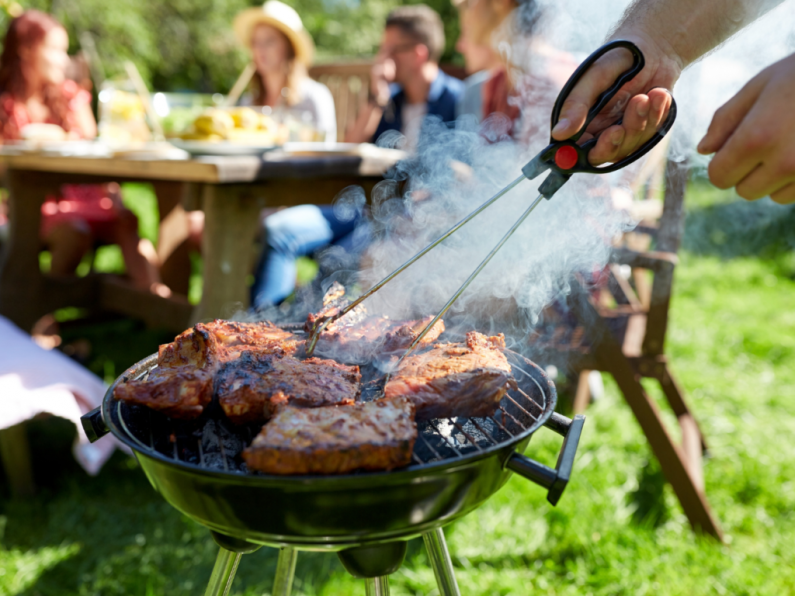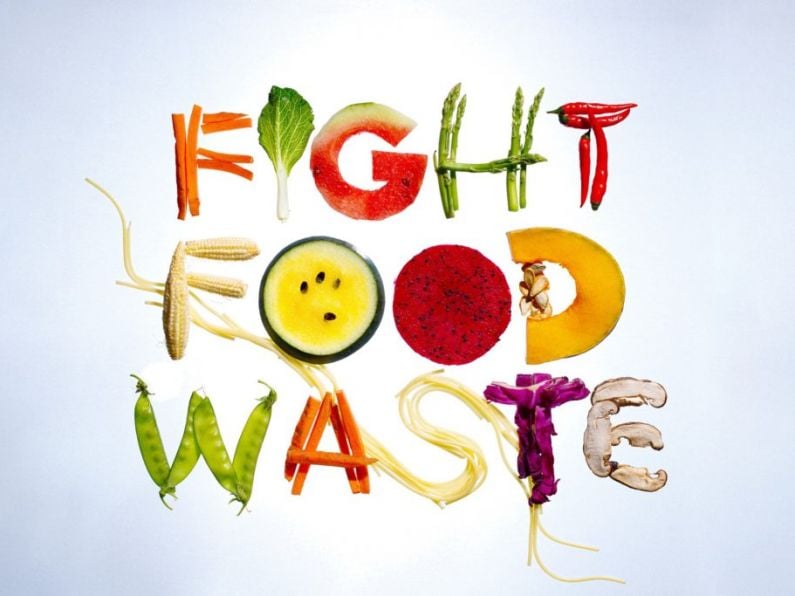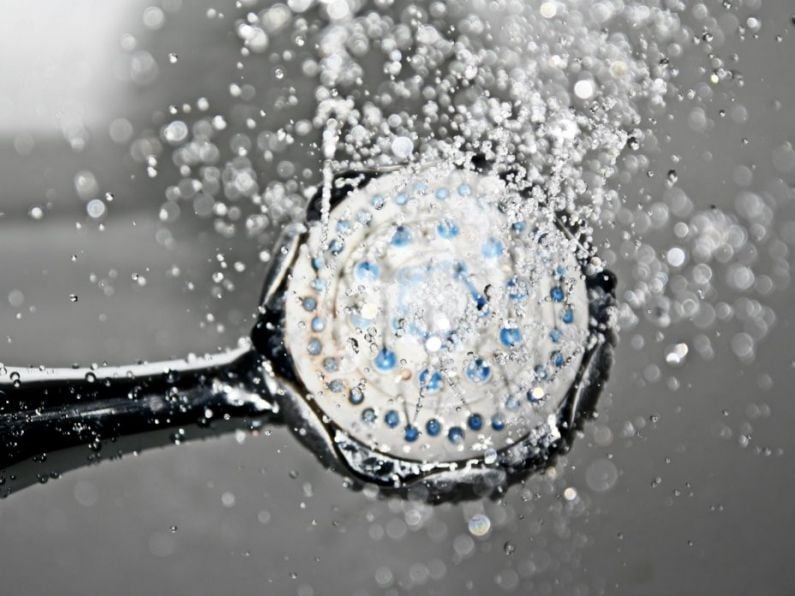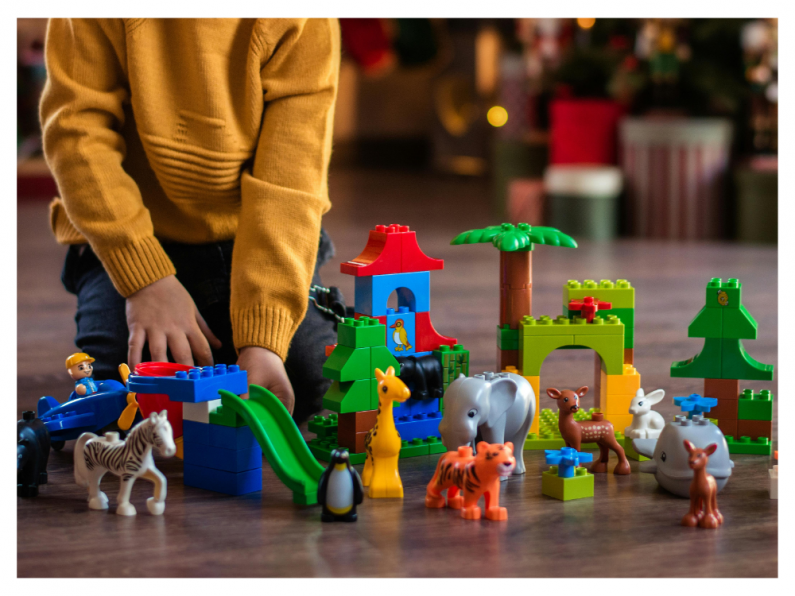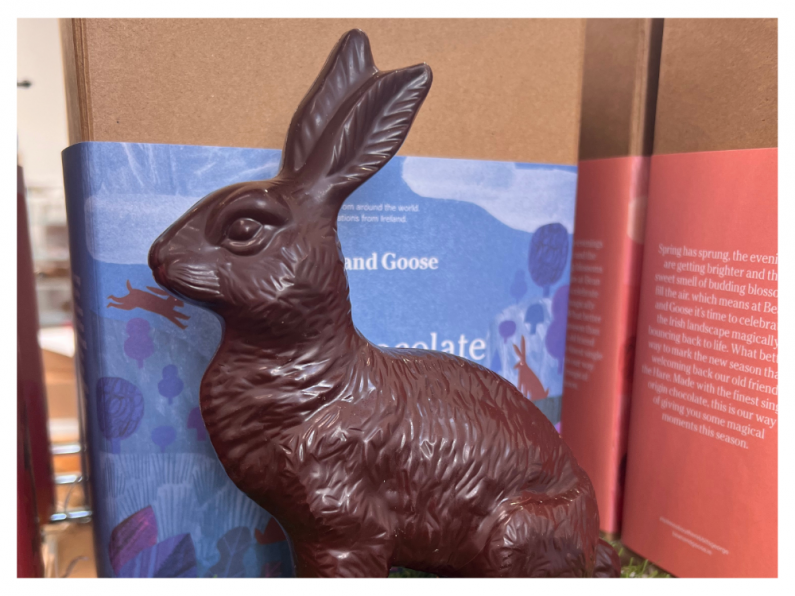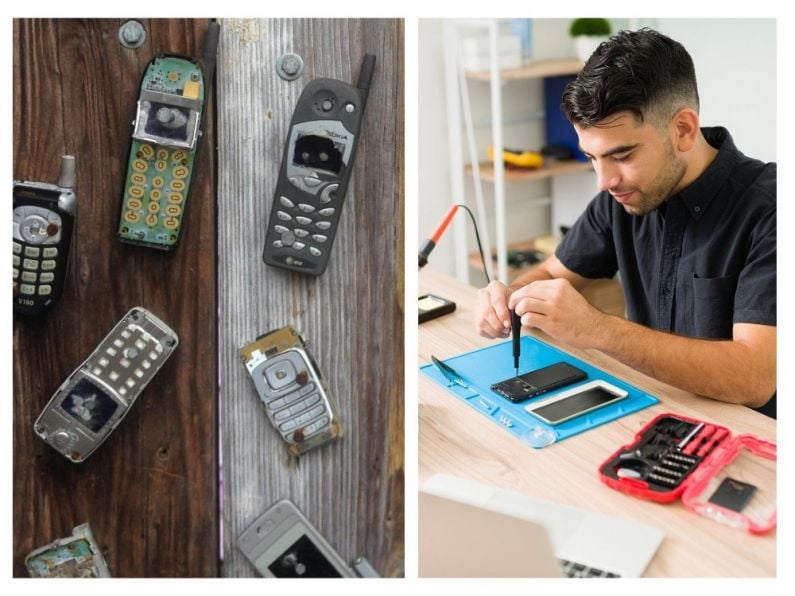In the latest episode of Ours To Protect, Orla chats to a local butcher about their efforts to reduce single-use plastic packaging and how they are encouraging customers to bring their own reusable tupperware for produce.
Molloys Family Butchers – Ardkeen, Waterford
Kieth Molly is among the 4th generation of family butchers’ business and boasts their eco-conscious approach to when they were younger and being taught to not be wasteful. He says that mindset has encouraged the business to grow in them being mindful of their products.
They use compostable trays, bags, and labels in-store when selling and packaging their meat produce.
What impact do single–use products have on the environment?
Single-Use Plastics are disposable packaging and other items designed to be used only once and then discarded.
Unlike refillable and reusable food ware, single-use Plastics consume a huge amount of energy, water, and natural resources to serve a customer for just a few minutes.
Plastic takes centuries to break down and, if not managed properly, can pollute marine, freshwater, and terrestrial environments.
Monitoring across the EU has revealed that the 10 most used single-use plastic items, along with fishing gear, make up 70% of all marine litter on European beaches.
The use of plastic packaging for food products contributes significantly to plastic waste, of which 14 million tons end up in our oceans each year
Every little helps – Why should we choose compostable products?
Compostable packaging breaks down quickly under the right environmental conditions, typically decomposing within three to six months.
Once fully decomposed, there will be no trace of its existence, benefiting soil quality and significantly reducing landfill waste.
Compostable packaging products are typically made from naturally occurring, plant-based or recycled materials. These include everything from paper and cardboard to polylactic acid (PLA) and bagasse.
Compostable packaging has a small carbon footprint. The manufacturing process requires only a small amount of energy when compared to producing packaging using raw materials, especially things like plastic.
To find out more visit:
www.plasticpollutioncoalition.org
https://www.pack-supplies.co.uk/benefits-compostable-packaging/
***
To listen back to our latest episode, click here.
To find out Your Carbon Footprint, visit footprintcalculator.org.
We'd also like to here your say on Climate Action by taking part in our survey.
Ours to Protect is funded by Coimisiún na Meán with the Television Licence Fee.
This project is a partnership between Beat 102 103 and the Independent Broadcasters of Ireland.
Check out Ours To Protect for more information.
